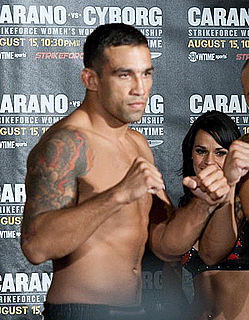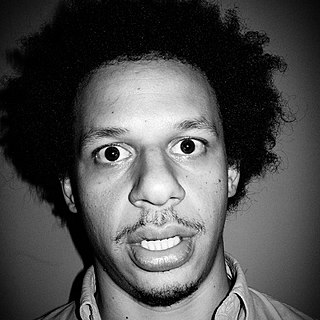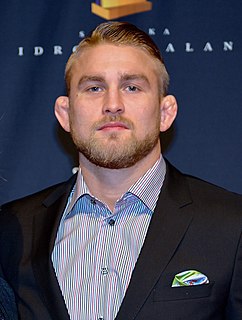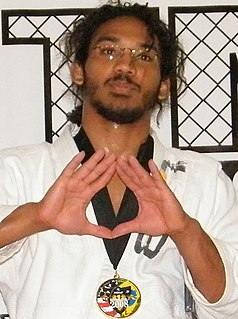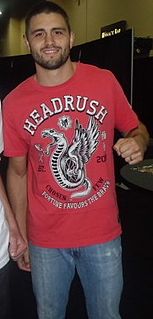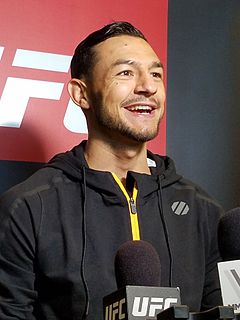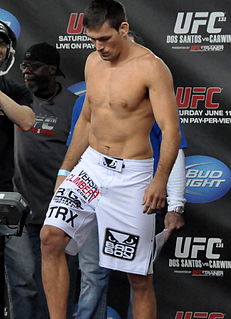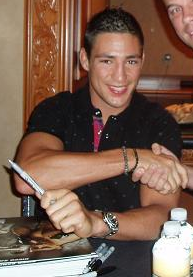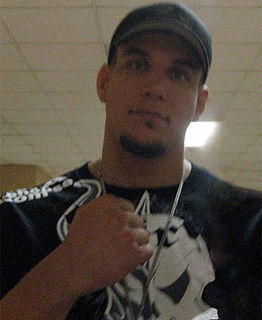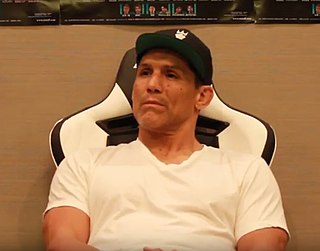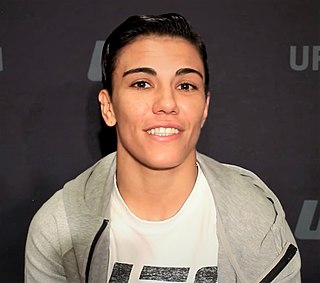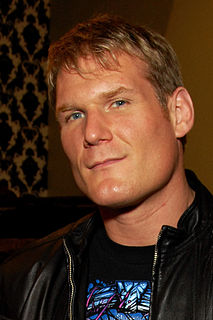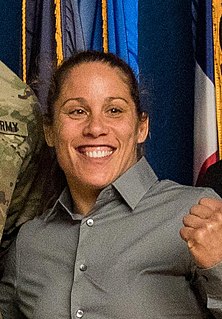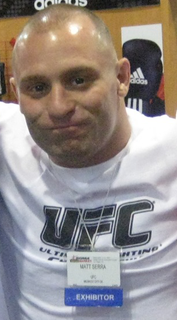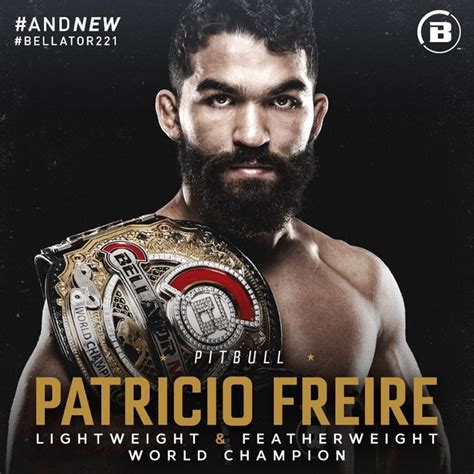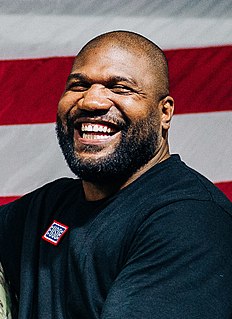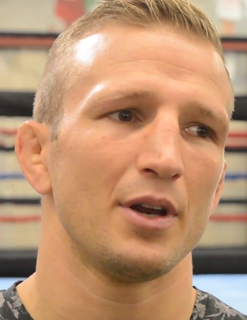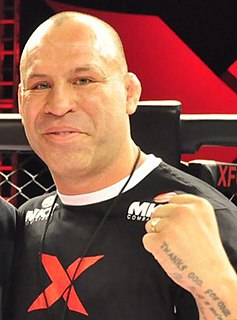A Quote by Fabricio Werdum
I joke all the time with my friends.
Quote Topics
Related Quotes
Now, the term 'friend' is a little loose. People mock the 'friending' on social media, and say, 'Gosh, no one could have 300 friends!' Well, there are all kinds of friends. Those kinds of 'friends,' and work friends, and childhood friends, and dear friends, and neighborhood friends, and we-walk-our-dogs-at-the-same-time friends, etc.
Often, when you're in some of these writing rooms for... and the most restrictive is network television, right? They say, 'Wow, that's a great joke, but we can't do that. Okay, let's try the second joke. Oh, you can't do that one. But the third joke you can do,' and hopefully it will be great, but it will remind people of what the joke really was.
Humor has the tendency to be funny once. If I tell you a joke, we're going to have a big laugh. But the second time I tell the joke, it's going to be a bit strange, and the third time you're going to ask if there's something wrong with me. So I am very cautious with jokes, but there is a lightness in my work.
